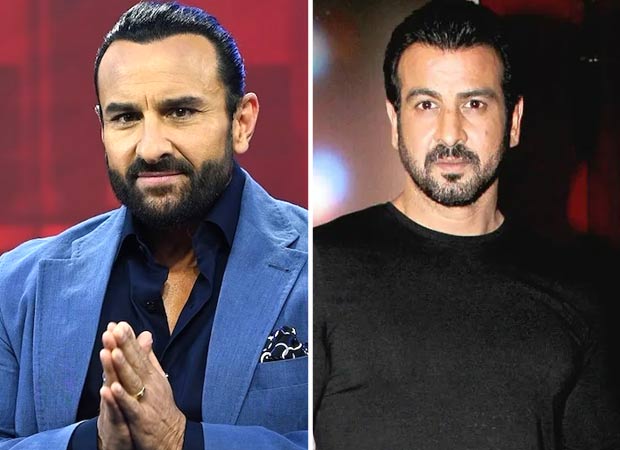However, unlike during the times of founding leader Mao Zedong, commemorations of Lenin appear to have fallen off the agenda for Chinese propaganda officials.
Yuan Yuhua, a self-taught leftist scholar and academic lecturer, said Lenin and the 1917 October Revolution – which inspired the founding of the Chinese Communist Party four years later – had been played down in recent years.
A mainland political scientist who declined to be named put the different treatment down to the eventual collapse of the Soviet Union, and the controversies around Leninism.
Blots on Lenin’s legacy include the massacre of political rivals – the 1918-1922 “Red Terror” carried out by his Bolshevik party, famines during the early 1920s and 30s, as well as atrocities during the totalitarian rule of his successor, Joseph Stalin.
“Even Russian leaders reviewed Leninism after the collapse of the USSR [Union of Soviet Socialist Republics] in the late 80s. In the following years, China was busy with market reform and opening up to the outside world, therefore Lenin was not a point of emphasis on the agenda for government propaganda,” the political scientist said.
Thousands of Lenin statues around the world have also been pulled down since the fall of the Soviet Union, among the most famous being the mass removals in Ukraine in the last decade.
While Russian President Vladimir Putin has delivered sharp criticisms of Lenin, his statements about the founder of the Russian Communist Party have been inconsistent. He has also rejected calls to bury Lenin’s body, which remains on display in Moscow’s Red Square.
Alfred Wu, an associate professor at the National University of Singapore’s Lee Kuan Yew School of Public Policy, said while official commemorations might be lacking, Leninism was ingrained in the political fibre of China’s ruling party.
“Leninism is in the DNA of the Communist Party of China. Examples are the structure of the party and the party-state,” he said.
Leninism dictates that the communist party, as the “vanguard party”, should establish a single-party socialist state called the “dictatorship of the proletariat”.
In the party state, every aspect – from political, economic and social, to cultural and intellectual life – would be regulated strictly by the communist party.
In the 90s and 2000s, the Chinese Communist Party, while resolute in maintaining single-party rule, had attempted to delegate the responsibilities of actual policy formulation and implementation to the government and focus more on giving general directions.
This trend was reversed under Xi, who has merged party organs and government departments in a massive restructuring since the 19th national party congress in 2017.
Xi urges loyalty from courts, law enforcers to ‘defuse’ social, financial risks
Xi urges loyalty from courts, law enforcers to ‘defuse’ social, financial risks
The political scientist who declined to be named said the restructuring indicated a return to Leninism. “The party-state of recent years stems from Leninism,” the analyst said.
Leninism also influenced Sun Yat-sen and the early days of the Kuomintang (KMT), which was set up in 1912 according to the structure of a Leninist state, Wu said.
The KMT retreated to Taiwan in 1949 after losing to the communists in a civil war. It upheld single-party rule in its early decades, until it lifted martial law and legalised opposition parties in the 80s.
In mainland China, while Lenin is still a familiar name for many young people as someone they know from school text books, there is not much interest in him or his legacy.
Jade Song, 27, an employee of a public institute in southern Guangdong province, said her impression of Lenin was more from politics and history classes in school.
“When his name is mentioned, words like ‘proletarian revolution’ and Soviet come to mind, as well as the impression of him as a revolutionary pioneer, a spiritual leader, and a figure who had a great impact on China. Also, he is usually mentioned along with Marxism,” she said.
But topics related to Lenin were rarely raised among friends, she added. “So I feel that many people, like me, still mainly learned about him from textbooks and only have simple impressions but not deep understanding of his thoughts.”
To Beijing university student Wu Yuening, Lenin is a complex historical figure criticised for his political repression. But “the history books present him more in a positive way as a revolutionary and theorist”, the 19-year-old said.
Yuan, the leftist scholar, said young people in China showed more interest in Mao than Lenin.
“So many young people have flocked to Shaoshan [the birthplace of Mao] to commemorate the 130th anniversary of his birth [last December]. Young people pay more attention to Mao.”







